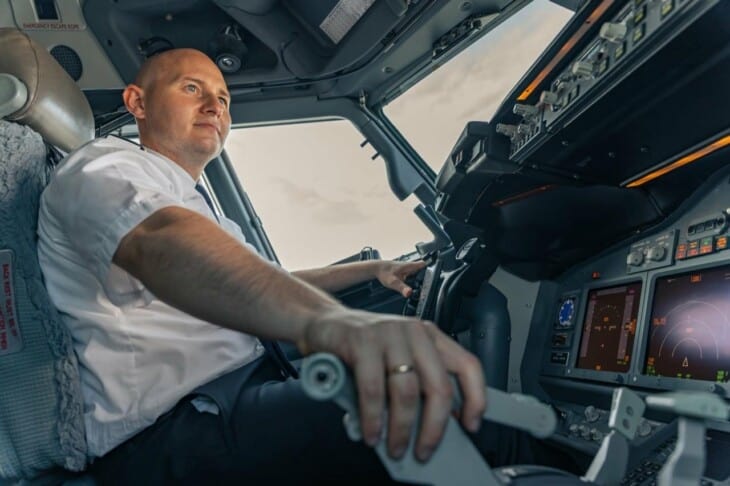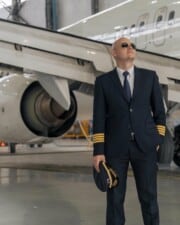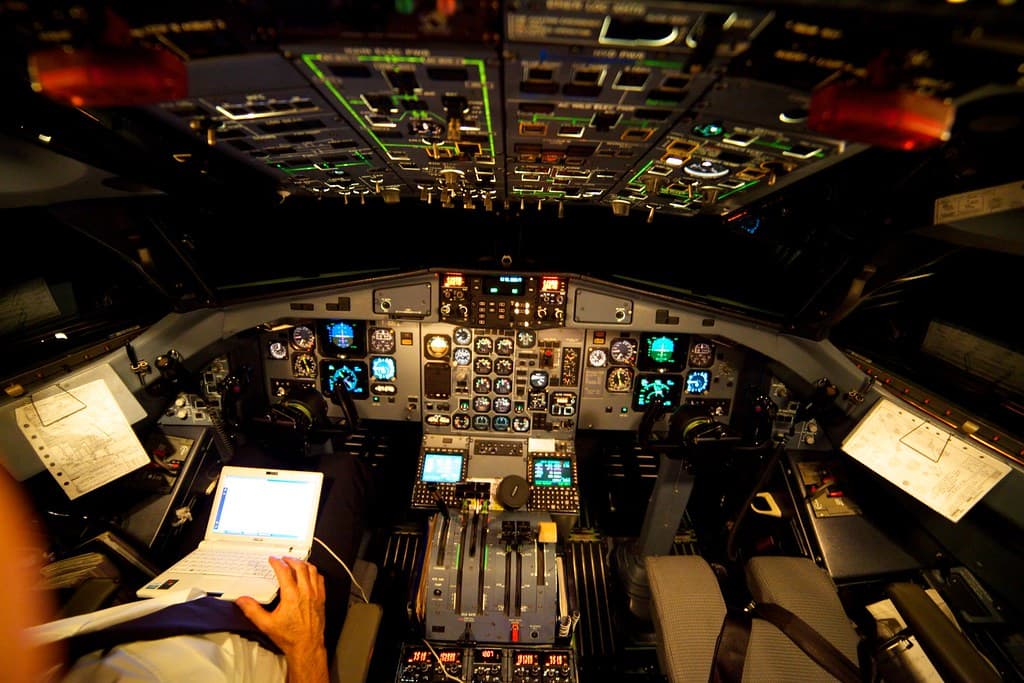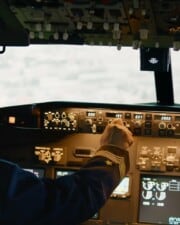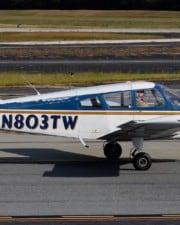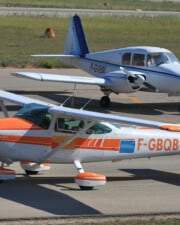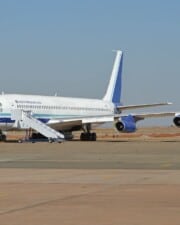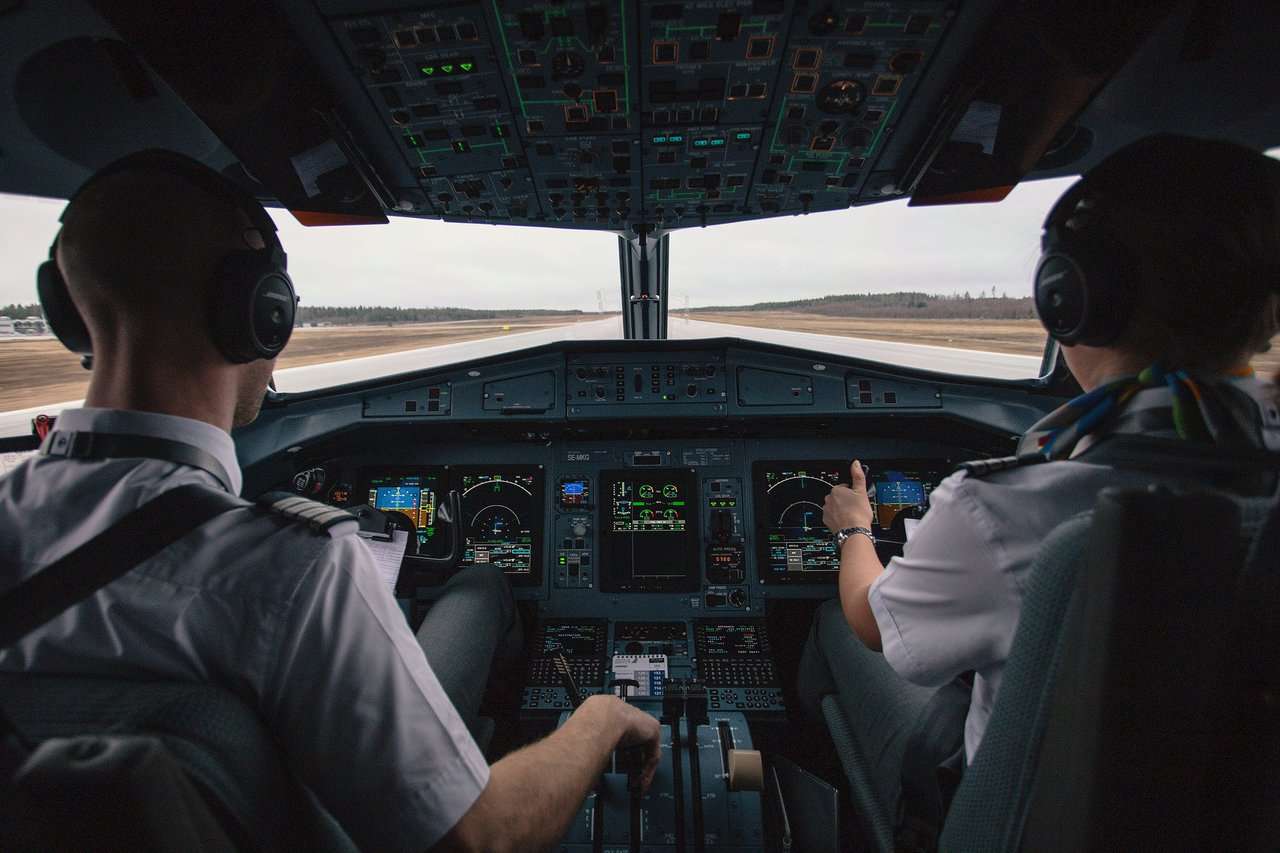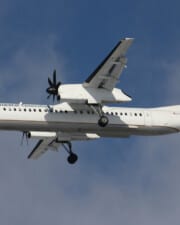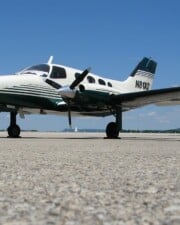Flying a plane is certainly an anxiety-inducing experience, although for pilots with anxiety, the real stresses may be waiting back on land. There are many helpful tools to manage anxiety, including anti-anxiety medication. However, are pilots allowed to manage their anxiety with medication?
Table of Contents
In short, pilots are allowed to take anti-anxiety medication as long as it does not affect their ability to fly a plane. However, this change is very recent as until a few years ago, pilots with anxiety could not get a license at all.
The regulations surrounding pilots and anti-anxiety medication are relatively new and sometimes confusing. Here is what you need to know.
Can Pilots Take Anti-Anxiety Medication?
Pilots are allowed to take anti-anxiety medication under certain circumstances. The most common medications to treat this issue are SSRIs, or selective serotonin re-uptake inhibitors. However, the FAA only approved a few of these SSRIs for use. Other international agencies don’t approve any anti-anxiety medications for pilots, so it’s best to check with your local governing body before going through training.
Even though pilots are allowed to take anti-anxiety medication now, they still have to go through a complicated process to prove that they are managing their anxiety and that the medication doesn’t impact their performance (more on that later).
Which Anti-Anxiety Medication Are Pilots Allowed to Take?
In the United States, the FAA only allows pilots to get a license if they take one of four SSRIs: Zoloft, Prozac, Lexapro, and Celexa. There is still no unifying international standard, and every country’s pilot licensing agency has different rules. Most still ban anti-anxiety medication completely.
Benzodiazepines, which are medications such as Valium that people with anxiety take on an as-needed basis, are even more limited. The only drug of this class that is allowed is Valium, via a special license and insurance policy, but a pilot must prove that the last dose taken was plenty of time before a flight.
Drugs such as Valium are often prescribed on an as-needed basis, meaning that the patient doesn’t need to constantly take them, so, unfortunately, some pilots don’t disclose that they take Valium or suffer from anxiety for fear of reprisals.
When and Why Did the Rules Change?
Until recently, not only could pilots not take anti-anxiety medication, but they couldn’t admit they had depression or anxiety. Those conditions were seen as automatically disqualifying, and the FAA would not issue medical certificates to people who admitted suffering from anxiety.
Although part of the reason why the FAA had a complete ban on anti-anxiety medication was stigma, it was also practical—the agency was worried that common side effects of SSRIS would impede pilots’ ability to fly. In 2010, the rules finally changed, and pilots who have mild depression or anxiety, including those who take SSRIs, were allowed to fly.
There are a few reasons why the FAA changed its rules. One is new developments in anxiety treatment that lessened common side effects such as drowsiness. A reduction in mental health stigma and the realization that situational anxiety or depression doesn’t affect people’s ability to do their jobs also helped.
Finally, the FAA realized that many pilots were secretly seeking treatment for anxiety and depression, including medication, without disclosing it for fear of reprisals. The agency realized it was safer to help pilots manage their conditions safely than risk an accident because a pilot was afraid of being stigmatized. That is why it instituted a six-month grace period for pilots to come forward about their medication.
What About Antidepressants?
The rules for antidepressants are very similar to the rules for anti-anxiety medication. That’s because many of the same medications are used to treat both conditions, and they are common co-morbidities. Pilots can take certain SSRIs to manage depression but have to follow the FAA’s conditions and get special insurance.
Under What Conditions Can Pilots Take Anti-Anxiety Medication?
Although the FAA now allows pilots to take certain anti-anxiety medication, they still can’t pop pills willy-nilly. There are rules to ensure safety when flying.
When a pilot taking SSRIs applies for a medical certificate, the application is initially denied and placed under further review by the FAA. Then, the agency will monitor the pilot for six months and require the applicant to regularly see a psychiatrist. If, after six months, there are no problems, the pilot can reapply. Then the medical waiver is issued, but the pilot will need a special license and insurance.
The six-month waiting period is in place not because the FAA is cruel but because the agency wants to monitor pilots and make sure that their anxiety is manageable and the medication doesn’t have side effects that would affect their flying ability. Existing pilots who start an SSRI after getting their license also have to undergo an observational period.
References ▾
Related Posts
